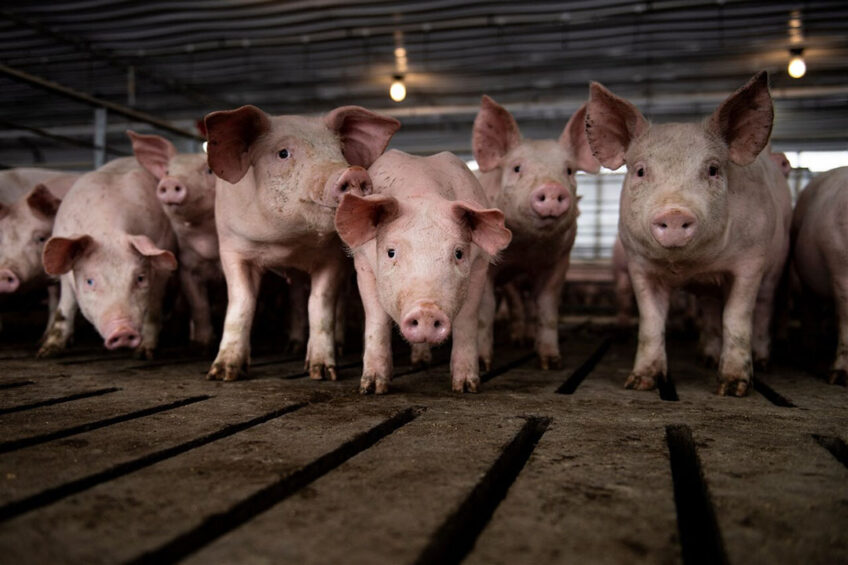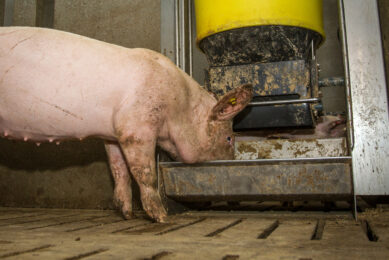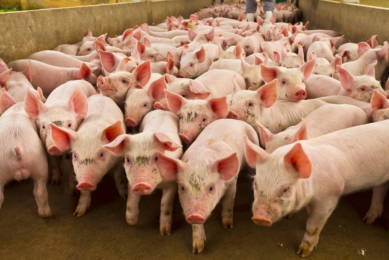Increasing speed to market for US feed ingredients

US Pork producers and other livestock farmers – along with their animals – will benefit from a wider range of products, many already available in other countries.
“We have got ingredients that we come up with in the US, and it takes forever to get them to market, it takes forever for the Food and Drug Administration (FDA) to get them approved.”
That was a public statement of frustration from Gary Huddleston made in late 2021. Huddleston is director of feed manufacturing and regulatory affairs at the American Feed Industry Association (AFIA), which has been trying hard to increase the speed of feed ingredient approval for several years. Good news on this front came very recently on July 20.
6 appropriation bills
The US House of Representatives passed a package of 6 appropriation bills that includes an amendment to dedicate $ 8 million to the FDA’s Center for Veterinary Medicine (CVM) so that reviews of new feed ingredients applications for pigs and other animals can be expedited.
$ 1.75 million USD in annual lost revenue due to backlog
The AFIA points to numerous studies that confirm it takes an average of 3 to 5 years to get new ingredients through the FDA’s rigorous review process. The AFIA also estimates that the backlog in applications has already resulted in $ 1.75 million USD in annual lost revenue over the last few years for feed ingredient manufacturers.
Pork producers (and other livestock farmers) in the US have missed out on the benefits of using new products, but it is impossible to quantify how much various products could have already positively impacted their operations financially, along with the health and welfare of their pigs.
US falls behind
The AFIA also points out that the US falls behind other countries in this area, and therefore its member companies are not bringing products forward in the US as they are elsewhere, and US pig farmers are not on a level competitive playing field with those in other countries.
Some progress last year
In 2020, the FDA agreed to allocate $ 5 million USD for 12 new staff at CVM. In 2021, All About Feed reported that these staff members were being trained to address the applications backlog.
Because the only allowable feed ingredient claims relate to taste, nutrition or aroma, the CVM also began last year to create a framework for allowing novel claims related to the environment, animal performance and more.
Reaction to new funding
At this point, when the FDA was asked for comment, a spokesperson stated that while the FDA “appreciates the House’s acknowledgement of our animal food ingredient review needs, it would be premature for the agency to comment…before the [bill] is signed into law.”
However, AFIA President and CEO Constance Cullman considers the passing of the bill through the House to already be “a huge win for the U.S. feed industry, putting us more on-par with other countries.” She urges the US Senate to “include this dedicated funding in their final appropriations legislation.”
Victoria Broehm, AFIA director of communications, adds that very recently in July 2022, “FDA administrator Dr. Robert Califf admitted in a Senate hearing that the CVM…has been ‘the most underappreciated part’ of the agency, and we couldn’t agree more.”
“We are hopeful that with the increase in funding…the CVM will be in a good position not only to clear the deck of backlogged ingredients, but to also make resources available to review the rush of new ingredients we expect could come,” says Broehm, “should the FDA update its outdated label claims policy.”











